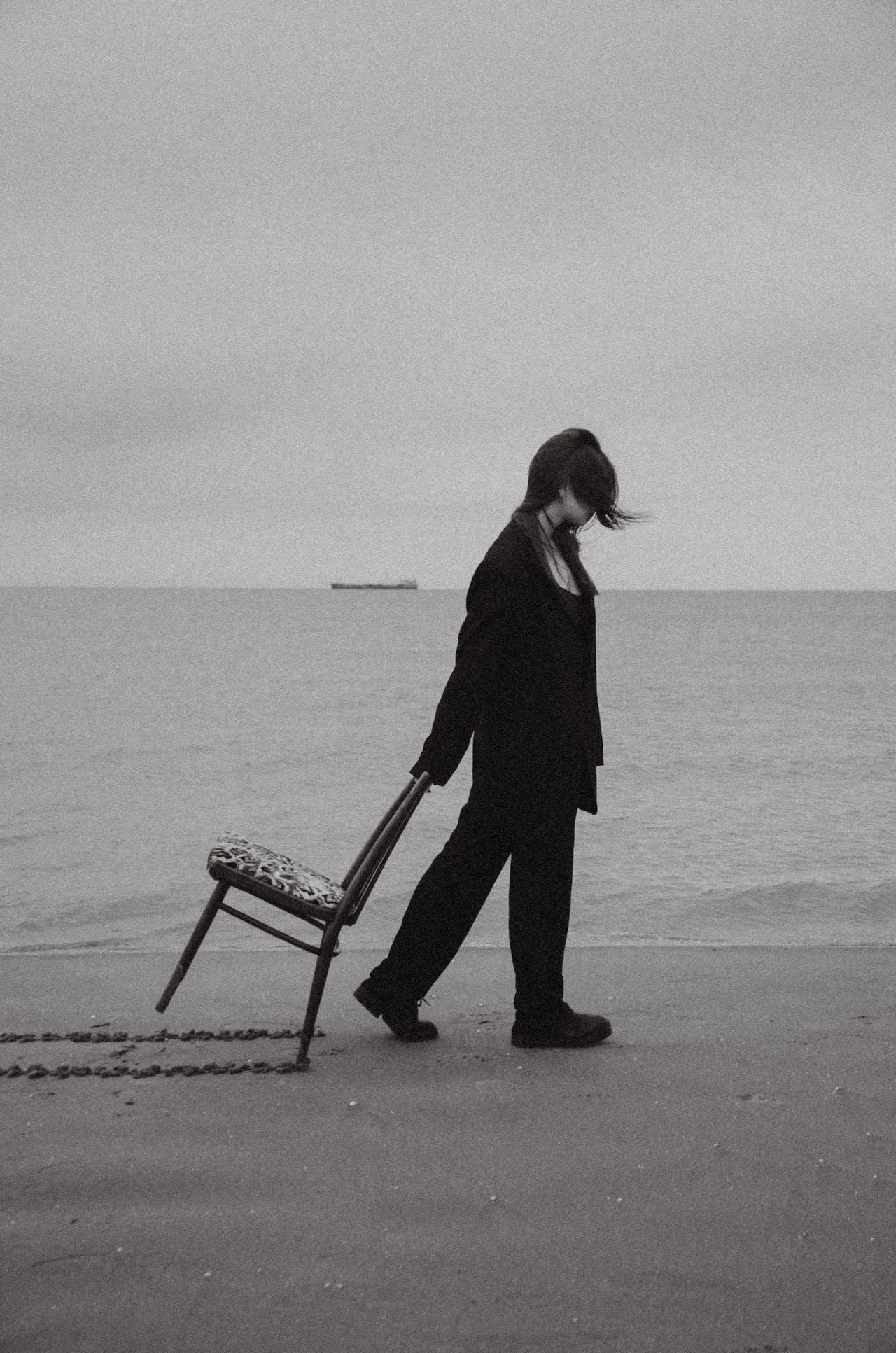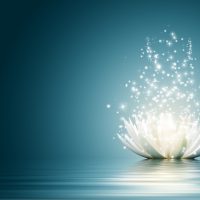Relationship disillusion is one of the hardest things to process.
Relationships come to be at the core of our identity and sense of self. It is through our relationships with our parents and other caretakers that we first learned to navigate reality. Through our early interactions with them, we learned what is dangerous and what is safe. For better or for worse, we learn from others what parts of us we are supposed to bring forward into the world and which ones we should hide.
Solitude is one of the hardest things for us because we are used to processing reality through interactions with others. If no one sees us or hears us, are we even here?
When the relationships we treasure the most crumble, we are facing a bigger task than we might realize. The stress of losing a relationship can, and often does, trigger past traumas within us. Neurolobiologically, it is how our brains work; certain levels of stress activate the part of our brain where traumatic responses are stored. What that level of stress is depends on our unique sensitivity and our unique triggers.
Spiritually, this results in what we might call the dark night of the soul. It can be incredibly difficult to process, but once we are on the other side of it, we are also healed from much trauma and illusion. Loss and disillusion are necessary healers on our path to awakening to our true self. Without them, we might always be looking at everyone and everything outside of us and fail to ever look within. Always mesmerized by the external world, we can miss out on our own beauty.
It is painful yet helpful to be forced to face the limits of everything that we hold dear outside ourselves. We need to understand everything for what it is. Parents are not perfect; they are limited, flawed human beings facing a challenging reality, often without enough resources, understanding, or self-love. Friends and romantic partners are finding their way through the maze of this world just like we are, limited by their understanding of themselves or of reality. And we are all affected in myriad ways by our upbringing, external influences, and neurobiology.
Anger is one of the natural human reactions to the challenges, pain, and imperfection of this world. Putting up inner defensive structures around our hearts is another natural reaction to this. It takes some work to learn to trust our hearts again and be vulnerable.
I celebrate Christmas in the same way that I seek to celebrate every other day by allowing it to teach me something. What today reminded me of is this: We don’t love because it is easy. We don’t love because others are perfect or because we won’t hurt. We don’t love to gain a specific benefit. We don’t love because it is safe. We love because we love. We love because that is what we are truly built to do. We love for love’s sake.
So while we might become awake to painful truths about others—some of which might cause us to exit or change our relationships—this does not necessarily also mean that we cease to love. It is important to be willing to know our truth and allow it so we can process, heal, and be complete. When we refuse to acknowledge what is truly in our hearts, we abandon ourselves.
It does not mean that we need to contact anyone or let them back in our lives. We don’t need to pick up the phone or wish anyone Merry Christmas if we decide they have not earned a place in our lives. It only means that we are allowing ourselves to be true to ourselves.
~
Please consider Boosting our authors’ articles in their first week to help them win Elephant’s Ecosystem so they can get paid and write more.












Read 1 comment and reply